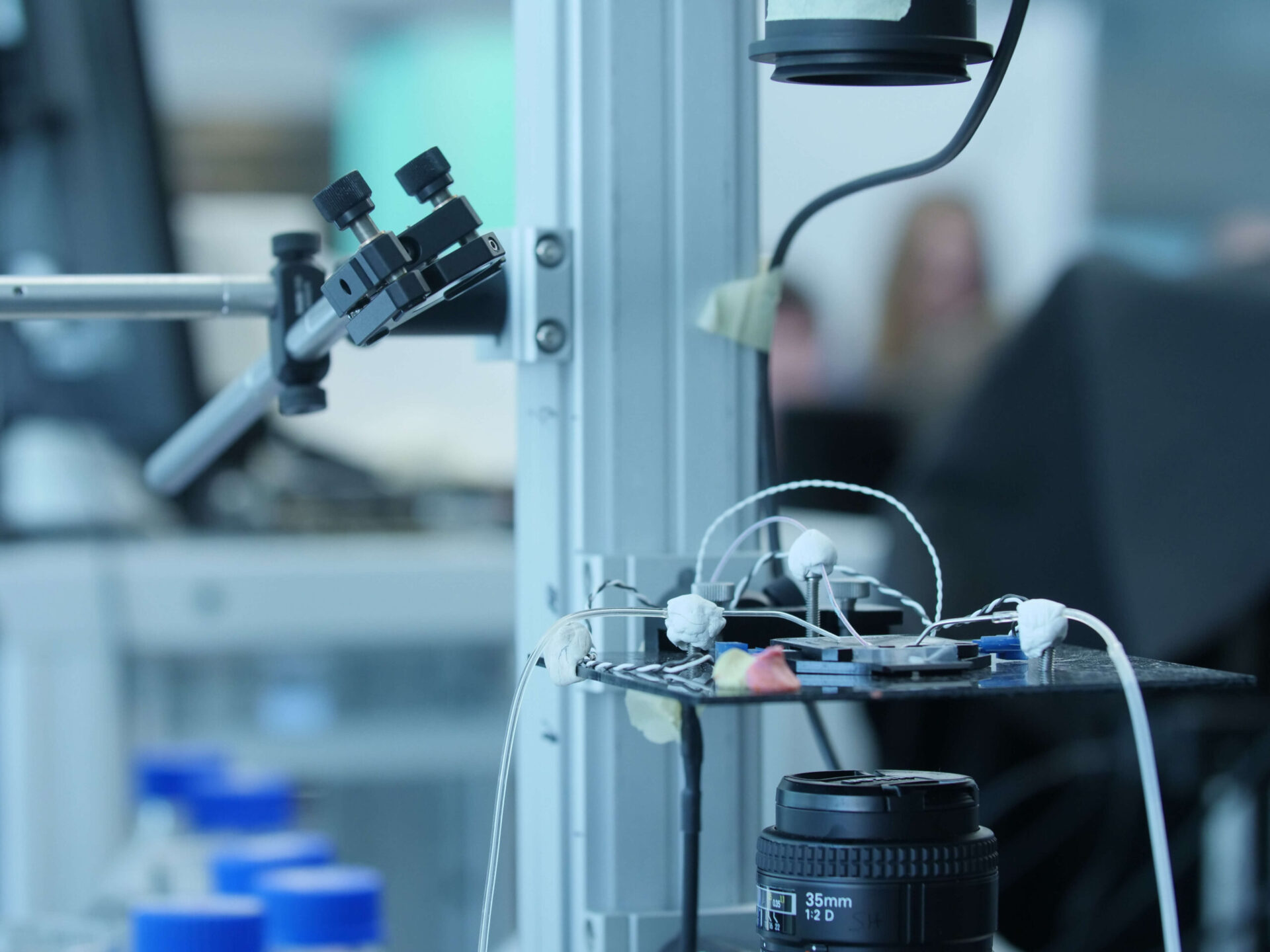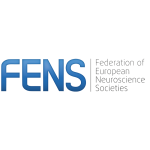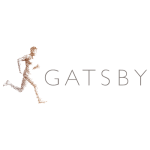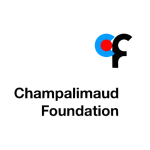Course overview
Quantitative studies of behaviour are fundamental in our effort to understand brain function and malfunction. Recently, the techniques for studying behaviour, along with those for monitoring and manipulating neural activity, have progressed rapidly. Therefore, we are organizing a summer course to provide promising young scientists with a comprehensive introduction to state-of-the-art techniques in quantitative behavioural methods. This course’s content is complementary to other summer courses that focus on measuring and manipulation neurophysiological processes.
Our focus is on methodologies to acquire rich representations of behavioral data, dissect them statistically, model their dynamics, and integrate them with other kinds of neurobiological data to address scientific questions. To this end, students will 1) fabricate devices for recording the behavior experimental organisms, 2) learn, under the guidance of the scientists developing these methods, the modern tools to analyze behavioral data from these organisms, and 3) in a week-long independent project develop and conduct a behavioral study of their own design, with the support and guidance of the course instructors and teaching assistants.
The course content is designed to be translational. Methodologies and analytical frameworks developed for one model organism can be adapted and applied across species, from invertebrates to humans. Understanding the behavioral repertoires and experimental possibilities in both simple model systems like flies and complex organisms like humans will significantly expand students’ experimental horizons and research capabilities.
Course directors

Ann Kennedy
Course Director
Scripps Research, USA

Giorgio Gilestro
Course Director
Imperial College London, UK

Daniel McNamee
Course Director
Champalimaud Foundation, Portugal
Speakers
Ahmed El Hady (Max Planck Institute, Germany)
Andre Brown (Imperial College London, UK)
Andrew Straw (University of Freiburg, Germany)
Barbara Webb (University of Edinburgh, UK)
Ben De Bivort (Harvard University, USA)
Carlos Ribeiro (Champalimaud Foundation, Portugal)
Gordon Berman (Emory College, USA)
Greg J. Stephens (OIST Graduate University, Japan)
Iain Couzin (Max Planck Institute of Animal Behavior, Germany)
Joshua Shaevitz (Princeton University, USA)
Kim Hoke (Colorado State University, USA)
Kristin Branson (HHMI Janelia Research Campus, USA)
Nachum Ulanovsky (Weizmann Institute of Science, Israel)
R. James Cotton (Northwestern University, USA)
Sama Ahmed (University of Washington, USA)
Talmo Pereira (The Salk Institute for Biological Studies, USA)
Instructors
Ammon Perkes (University of California, USA)
Miguel Paço (Champalimaud Foundation, Portugal)
Shrivas Chaterji (Champalimaud Foundation, Portugal)
Ugne Klibaite (Harvard University, USA)
William Walker (Champalimaud Foundation, Portugal)
Yi Lin Zhou (Harvard University, USA)
Course content
This 3-week course is a practical “hands-on” introduction to advanced methods in behavioural tracking and analysis. Our educational goal is to cover sufficient background such that all participants will be able to establish these techniques in their home laboratories.
In the pedagogical portion of the course (blocks 1 and 2) we will use three main experimental model systems: flies (Drosophila melanogaster), fish (Danio rerio), and humans (Homo sapiens). Several days of instruction will focus on the analysis of video recordings of flies, fish, and humans as well as physiological signals and auditory recordings (from humans). On these days, students will perform analyses either on the data they acquired, on videos we provide of fish and rodents behaving, or on data from their own organism of choice.
In the student project portion of the course (block 3), students may develop their experiments using any of the three experimental model organisms from the course, or using other organisms in use at the Champalimaud (subject to their availability)
We will cover data acquisition (software, hardware, tools), data extraction (single animal, body part, and multiple animal tracking systems), data analysis (clustering, ethograms), and hypothesis-driven modeling (reinforcement learning, optimal feedback control).
Course format
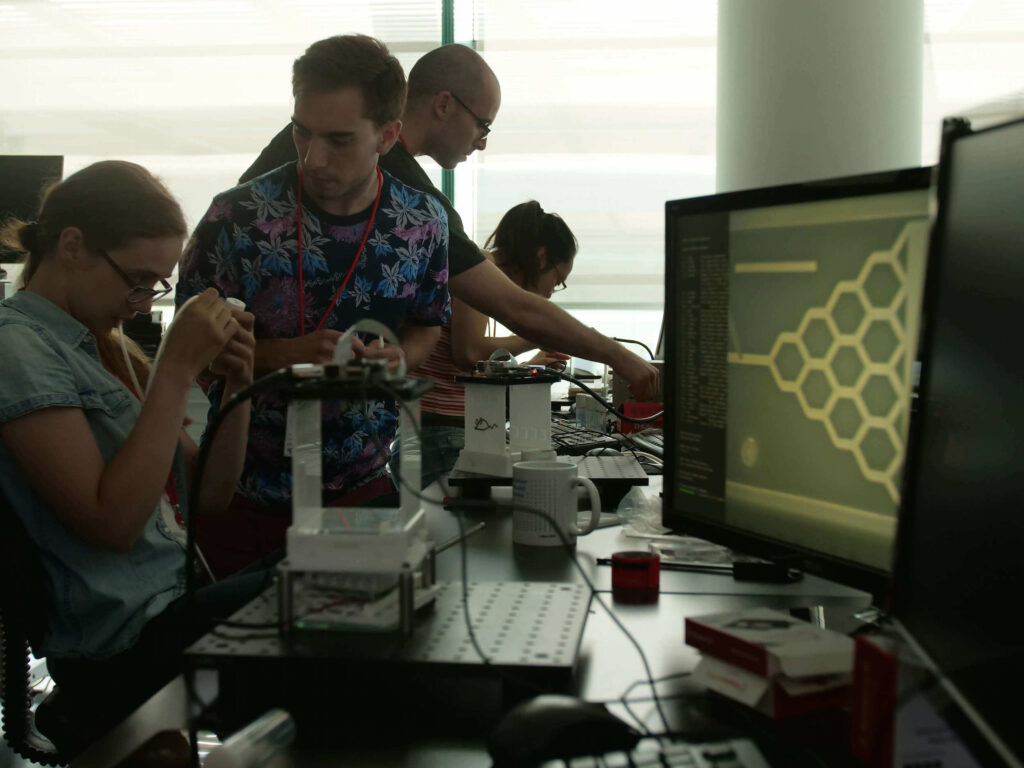
TThe course is organized in three blocks. During the first block, the students will use flies, fish, and human participants to learn, through hands-on device fabrication, environment design, and data acquisition, how modern ethological methods like markerless tracking, virtual reality, automation, and optogenetics can be used for quantitative behavioral experiments.
In the second block, students will study data from a broader range of species while learning to apply quantitative analysis methods (e.g. unsupervised and supervised ethograms, manifold inference, deep neural networks, theoretical modeling) to tackle questions about behavior and brain function.
In the third block, students will form small groups and deploy these new skills to design and implement a week-long research project of their choice that consolidates this new knowledge, culminating in presentations of their findings. The extended project will offer an opportunity for the participants to undertake novel state-of-the-art research supervised by international experts in the field.
In addition:
– International speakers will give daily seminars to describe how quantitative tools of behavioural analysis have impacted their work. Several of these speakers will also conduct pedagogical sessions to instruct students in the devices and analyses they have developed. Students will have structured opportunities to interact scientifically and socially with course speakers outside of the lab.
– Students will give daily micro-presentations on their successes and failures implementing the instructed techniques of blocks 1 and 2.
– Students will give presentations, throughout the course, on the research they are pursuing in their home labs.
– At the end of block 3, students will present their independent projects in a culminating research symposium.

Champalimaud Centre for the Unknown, Portugal
The Champalimaud Foundation is a private, non-profit organization, established in 2005 and dedicated to research excellence in biomedical science. Completed in 2010, the Champalimaud Centre for the Unknown is a state-of-the-art centre that houses the Champalimaud Clinical Centre and the Champalimaud Research, with its three parallel programs – the Champalimaud Neuroscience Programme, the Physiology and Cancer Programme, and the Experimental Clinical Research Programme.
Initially focused on a system and circuit approach to brain function and behavior, the Centre expanded to incorporate molecular and cell biological expertise. The Centre comprises 26 research groups (circa 400 researchers) leading independent curiosity-based research.
Facilities
The Centre provides Facilities dedicated for Training, some in their entirety, for use by the CAJAL Advanced Neuroscience Training Programme. These include the Teaching Laboratory, a fully equipped open lab space for 20-30 students that can be dynamically reconfigured to support a full range of neuroscience courses. It also overlooks, via floor to ceiling windows, a tropical garden and the river. The experimental spaces include: Imaging Lab: A dark-room containing a full size optical table is used for advanced imaging setups (two-photon microscopy, SPIM, etc.) and custom (course-designed) optical systems.
Registration
Fee : 4.500 € (includes tuition fee, accommodation and meals)
Applications are open until March 3rd 2026 (NEW DATE)!

